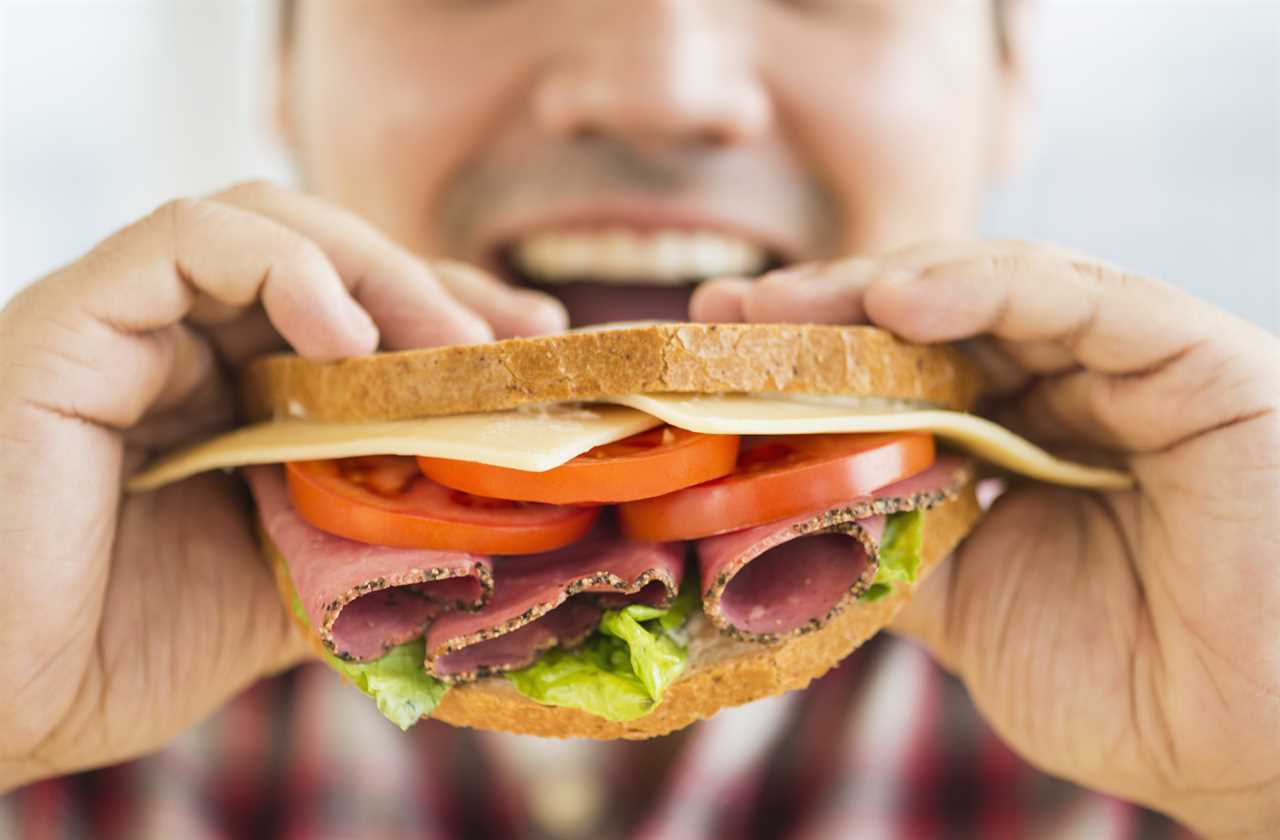A POPULAR food could double men’s risk of prostate cancer, a study has warned.
Researchers found eating lots of dairy based items might increase the likelihood of developing the disease later in life.

A paper published in Epidemiological Reviews suggests it could even double the risk for people who take in high amounts of dairy.
The researchers wrote: “In these studies, men with the highest dairy intakes had approximately double the risk of total prostate cancer, and up to a fourfold increase in the risk of metastatic or fatal prostate cancer relative to low consumers.
“It remains unknown which compound in dairy products might be responsible for this association.
“However, several recent studies which have been able to investigate nutrients more thoroughly suggest that calcium and perhaps phosphorus may play important roles.”
It has been previously thought it is the fat content in milk which is the risk factor.
In 2019 US scientists analysed data on 47 studies which looked at the diet of more than a million men.
They showed those who regularly consumed dairy – such as milk, cheese, butter and yoghurt – were between seven and 76 per cent more likely to develop prostate cancer.
Experts think dairy raises levels of a key growth hormone and boosts calcium levels, both which have been linked to prostate tumours.
Cancer Research UK said: “Research has not proven whether dairy or calcium has a direct effect on prostate cancer risk.
“There are some studies that have found an increased risk in people who have large amounts of dairy. But there’s not enough good evidence for this.
“Eating and drinking milk and dairy can reduce the risk of bowel cancer.”
The prostate is a small, walnut-sized gland, that sits around the urethra – the tube a bloke pees and ejaculates from – between the penis and the bladder.
One in eight British men will get prostate cancer in their lifetime.
Symptoms include:
- Needing to urinate more often, especially at night
- Needing to rush to the toilet
- Difficulty in starting to pee
- Weak flow
- Straining and taking a long time while peeing
- Feeling that your bladder hasn’t emptied fully
In most cases, prostate cancer doesn’t have any symptoms until the growth is big enough to put pressure on the urethra.
The signs that cancer has spread include bone, back, or testicular pain, loss of appetite, and unexplained weight loss.
Assuming prostate cancer is caught in its early stages, treatment is not normally immediately necessary. In these cases, doctors have a policy of “watchful waiting”.
Treatment includes surgically removing the prostate, radiotherapy, and hormone therapy.
Many patients will live long lives and not experience too many nasty symptoms.
But in others, their cancer will spread, which is when the disease can turn deadly.
Prostate cancer currently kills 10,900 men a year, but Prostate Cancer UK warns that this number could surge to 15,000-a-year by 2026.






